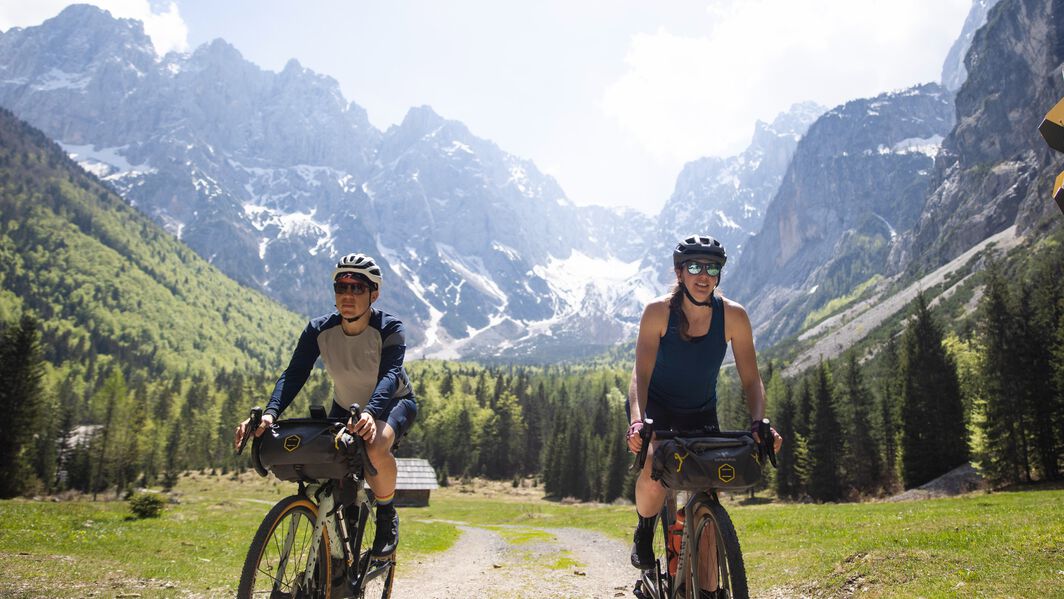Emily Chappell and Jenny Tough are two of the most accomplished endurance athletes, having won insanely challenging races such as the Transcontinental and Silk Road Mountain Race. In the latest episode of This RIDER, they take a brave approach to discussing their relationships with body image.
As part of the This RIDER series of films, this episode allows the pair to openly discuss their relationship with their bodies and hopefully help change the way people talk about their bodies.
“We realised that the thoughts plaguing our own minds were not actually unique to us – that there is a widespread problem here that should theoretically be easy to fix. We wanted to start being part of that fix,”
Jenny Tough
Whether you’re into ultra-endurance events or not, it’s hard not to be inspired by these two women. This makes it even harder to understand how two highly achieving women can be so conflicted with their bodies.
“I believed for most of my life that I was ‘one of the fat ones’, and I mostly trace it back to the way women talked about their bodies when I was growing up. I can’t think of a single woman I knew when I was a child who didn’t hate her body and wish it were smaller. There were absolutely no role models for a healthy and neutral relationship with one’s physical form.”
Emily Chappell
Emily and Jenny have worked with Canyon to create this Body Image Discussion Guide, which is well worth a read, whether you’re an individual or working in the cycling industry.
A word from Amanda
In the spirit of bravery, I’ll briefly add my position on body image in sport. A few years ago, I had an eating disorder that was fuelled by a severe anxiety disorder and a bout of depression. I starved myself, I would bonk on a short easy ride out the door, and I would challenge myself to do as much as I could with no fuel. Suffering from PCOS, I naturally carry more weight and find it nearly impossible to shift any extra pounds that go on. The only way to get myself where I thought I needed to be, weight wise, was to abuse my body.

Fast-forward to today, I am settled into a healthy eating routine. I pay attention to how much fuel all my XC endurance events require, and of course I am heavier than I was. It will always be in my mind that I could be slimmer, I could lose the muffin top my knee pads give me at the water-retention time of the month, but I wouldn’t be able to go on the adventures I do now. It is a constant inner battle to make the right choices. I’ve had meltdowns before events when I’ve weighed out all the energy drink I need, or packed enough bananas and biscuits to see me through.
Let’s keep this rolling. Watch the film, share it, and replace any toxic social media accounts with some positive ones! Here’s a few to get you started:
Thanks to Emily and Jenny for publicly addressing this.
Story tags







